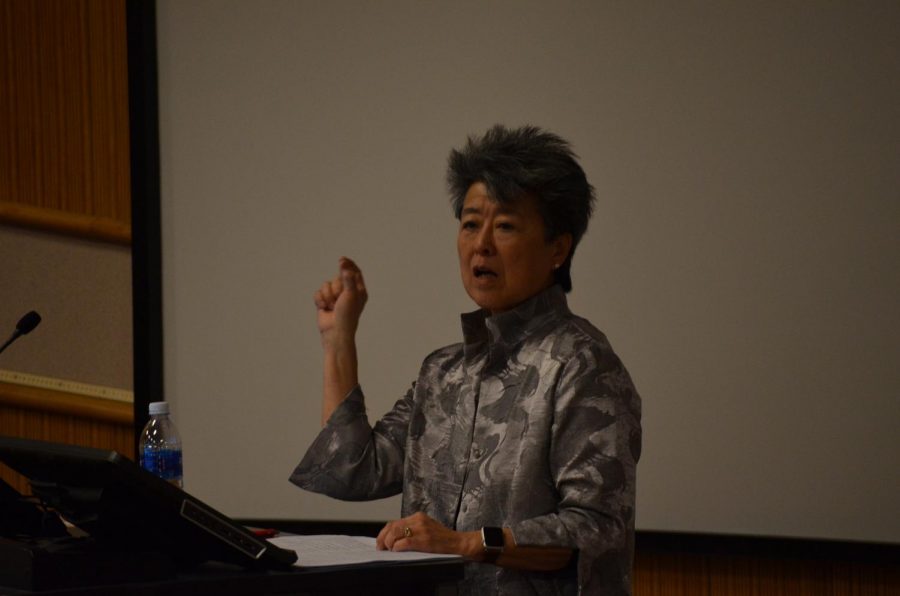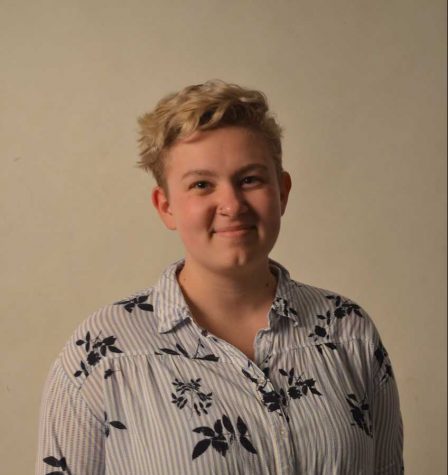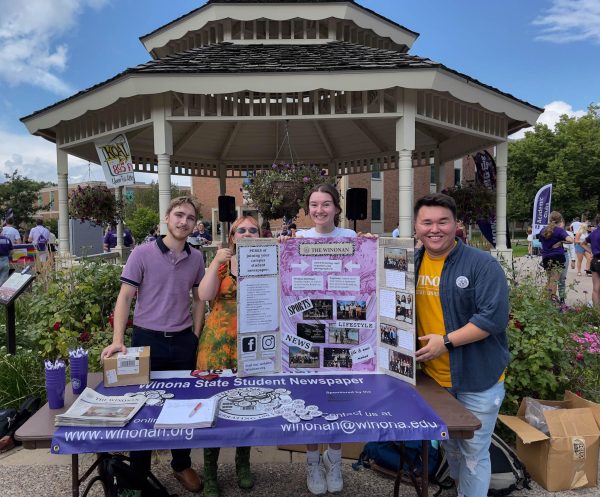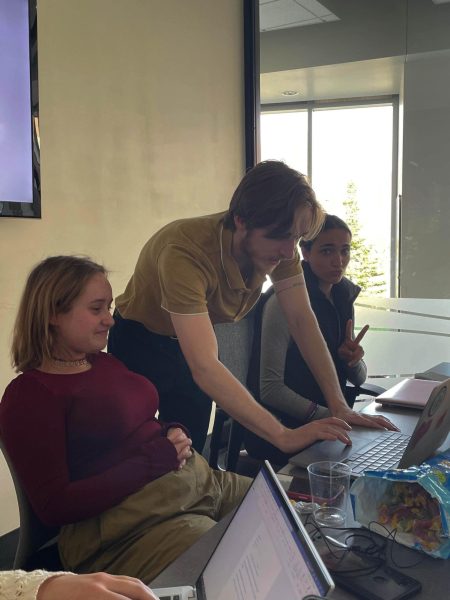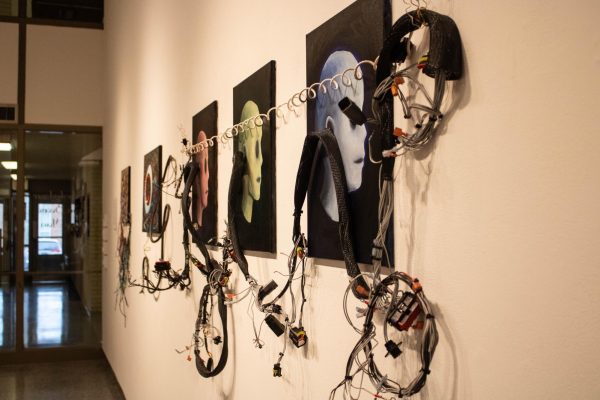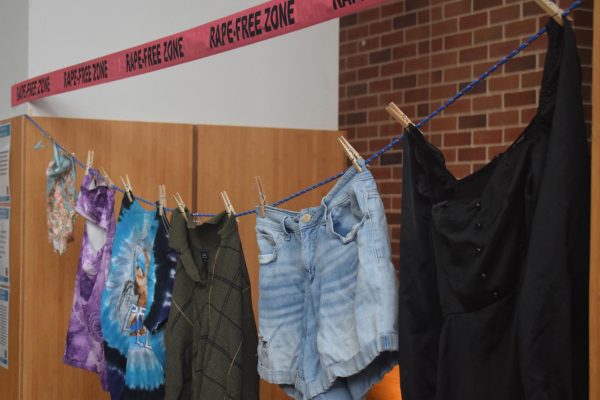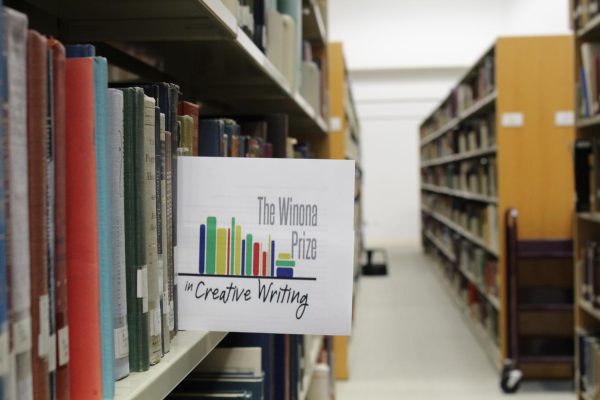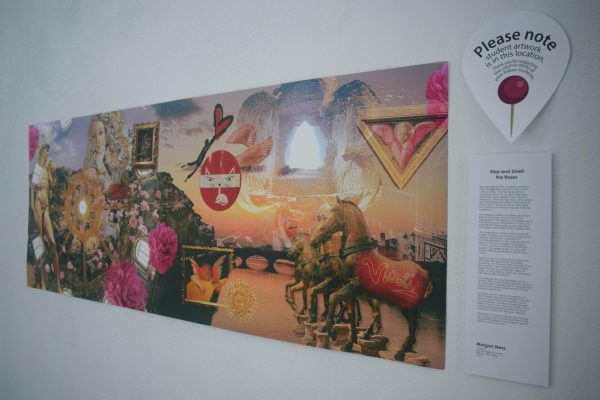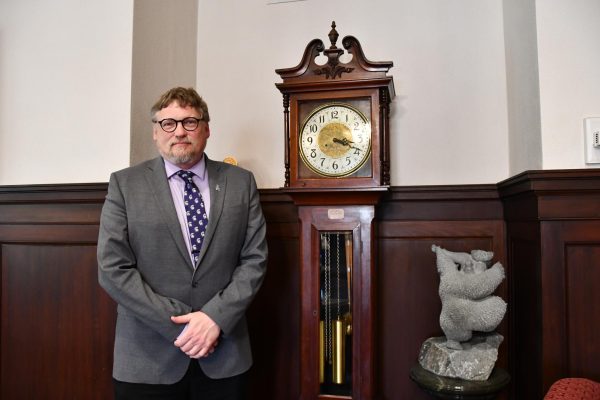Activist Helen Zia, speaks at Stark Hall
Author, journalist and activist Helen Zia spoke about global migration and her experience growing up in America as well as her activitism in feminism, Asian-American civil rights and LGBTQ rights.
April 18, 2018
Helen Zia, activist and writer, spoke to attending students and faculty on April 10 in Stark Hall, about her activism in feminism, Asian-American civil rights, LGBTQ rights and how she got to where she is today.
Zia is an award-winning author, journalist, activist and Fulbright Scholar, as well as the author of “Asian-American Dreams: The Emergence of an American People.” She is the former executive editor of Ms. Magazine and board chair of the Women’s Media Center. She quit medical school after two years, then worked as a construction laborer, an autoworker and a community organizer, after which she discovered her life’s work as a writer.
As the last speaker for the Inclusion and Diversity’s spring 2018 series, Zia brought a new perspective to Winona State that is not always heard.
“As an anti-war, anti-terror, queer, pro-choice, Chinese American, daughter of undocumented immigrants and journalist of color, I guess some might consider me ‘evil’. But I think we all hold a little bit of this ‘evil’ inside of us. That’s why we are here,” Zia said in her lecture.
During her lecture, Zia discussed her path that led her to activism in the Asian-American community. When Zia was growing up, she lived in New Jersey, where the Asian-American population was sparse, and she felt isolated from her community. As she grew up, she discovered writing to be one of her passions and a way she could direct her activism.
In addition to talking about how she got started in activism, she also talked about the challenges of having intersecting identities that are oppressed in the United States. As an Asian-American that grew up working in the auto industry as it crashed, she faced the racism many others faced, as people blamed Asian auto companies for the collapse of the American auto industry.
As a lesbian, she was told her activism in civil rights would not be heard because of her sexuality. However, she knew she could not stay silent when unjust events happened, like the murder of Vincent Chin, where she was first recognized nationwide as an Asian-American activist.
“To be silent is a privilege,” Zia said. “To choose to do nothing is a privilege.”
Zia chose to come to speak to college students because of the immense power their voices can have.
“You are the future. You recognize the world you are going to have to live in, and students want to change it for the better,” Zia said. “If what I say has any impact at all on a single student, it will have been worth it.”
When asked how students could start their activism if they never had before, Zia says the most important thing is to be curious and willing to learn.
“If we can learn from each other–even from the smallest of interactions-you will leave the world in a better place. If you can impact someone by teaching them, you are contributing even more,” Zia said. “All activism starts with listening and learning.”























































